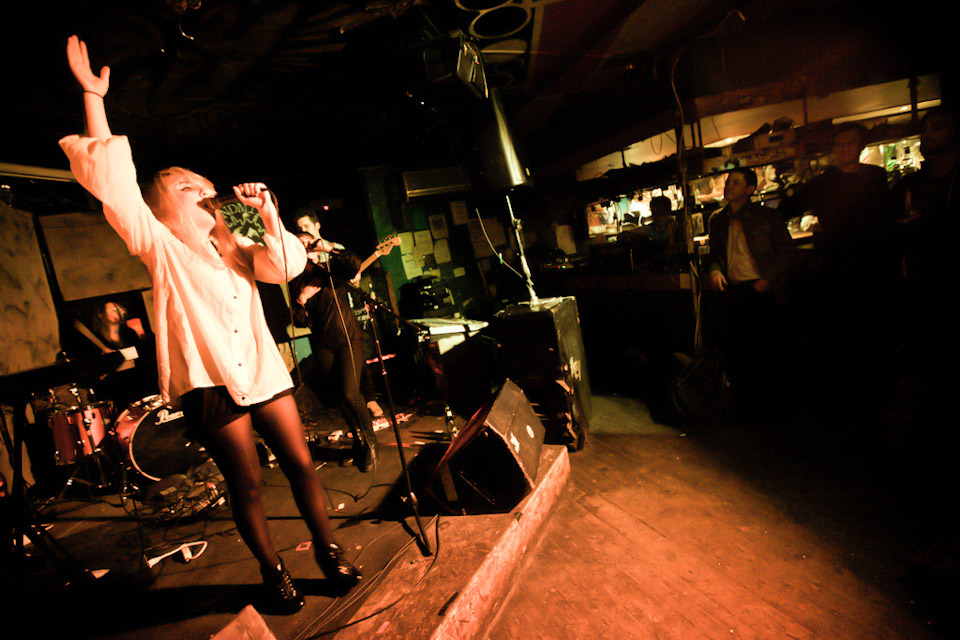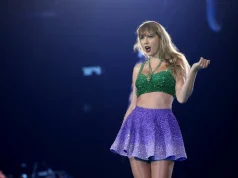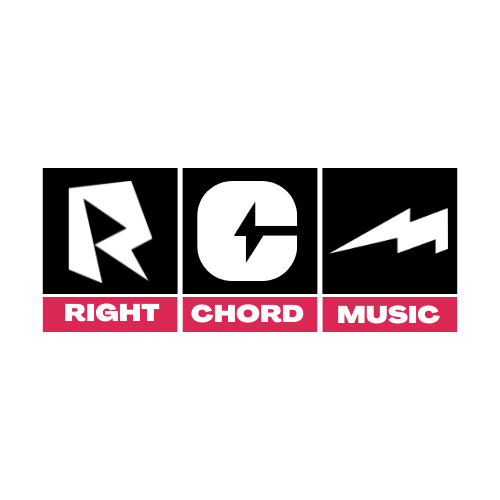In this article, Mark critically examines the role of music promoters and artists in live music success.
What musicians and managers want from live music
- An opportunity to grow their fanbase
- A chance to showcase their new material
- At atmosphere conducive to great live music; sound, lighting and staging
- An appreciative and respective audience who want to listen to their music
- Fair compensation for the entertainment they provide and / or opportunities to sell their music
What promoters and venues want from live music
- To use live music to drive repeat visitors to their venue
- To use live music to increase venue dwell time, thus increasing food and beverage sales
- To use live music to provide a personality for their venue e.g. Ronnie Scotts = Jazz
- To attract the very best musical talent to their venue
What fans want from live music
- A great night out, with like-minded people, in an atmosphere conducive to fun
- High-quality music, with the best possible sound
- A great venue with friendly staff – good drinks, good prices, no queues, clean toilets
These ‘wants’ should help clarify the roles each stakeholder plays in promoting live music. Let’s start with the promoter. Their job is to use live music (not artists), to promote the venue, and help them achieve their business targets. Let me explain.
Promoting live music
As a marketeer looking into the world of gig promotion, my starting point would always be to understand the venue, and the types of people it is looking to attract. I’d identify the musical personality of the venue. Bringing grungy punk rock to a high-class wine bar would obviously be wrong. Having a clear style template and music policy to support the needs of the venue is essential.
In marketing, successful brands are relentlessly consistent in their approach and style, just think of Apple. You always know what you are going to get. This consistency has helped them grow a loyal customer base of people who trust Apple, and believe their products will satisfy their needs. This is the reason why people queue round the block to buy new products they have barely even seen.
This brand-building best practice can equally be applied to live music promotion. Put quite simply, a successful promoter builds a following for their night at their venue. If they do this well, people will come to the night not worrying about who they will be watching. They trust the promoter and know what to expect from the night.
“At the grassroots level, an unknown name is never going to be a live draw.”
A few years ago I religiously attended the monthly Rockfeedback.com gig nights in Islington. Why? Because I trusted their style and knew it suited mine. The names on the bill were almost irrelevant to me because let’s face it, at the grassroots level, an unknown name is never going to be a draw. I didn’t go for the names, I went for the night. I trusted them to deliver, and they did every time. Incidentally, some of those unknown acts have since become household names…Foals, The Magic Numbers, Bloc Party to name just three. That night was incredible.
Grassroots promoters should focus on promoting the night. Sell the venue, sell the musical style, sell the atmosphere, sell the cool of the people that go, sell the incredible food, and drinks on offer. Do this and you will attract a crowd of people to watch the unknown artist you have booked.
The role of the musician
If we return to the needs of the musician we can also start to clarify their role in the live music experience. Artists and their managers want to grow their fanbase, and this can only be achieved if they can reach new people. If the promoter has been successful, the musician will walk into a full room and their basic needs will have been met.
But if the only people in the room are existing friends and family members, this gig should not be deemed successful. Not successful for the musician, because they are preaching to the converted. A gig like this will add little long-term value.
Critically the reaction of the promoter to the people in the room will quickly tell you the difference between a good or a bad promoter. A bad promoter will be happy with simply numbers, and they won’t care who is in the room.
Meanwhile, a good promoter will be delighted with a crowd but concerned if it is all friends and family. Why? Because they were hired by the venue to drive repeat visitors to their venue, and they will know these people have come for the band, not the venue, or the night. The next time they run a night, they will have to start again and this is not going to help the venue build a sustainable business. Imagine a hairdresser that didn’t have any returning customers, the business would quickly fail.
But all too often promoters and musicians play this game, stumbling from one gig to the next. “You need to bring 50 people” threatens the promoter, failing to recognise the needs of the musician, and why there is little value to them in this proposition.
Faced with these threats musicians typically switch off. Any chance of a fruitful partnership between the musician and the promoter is unlikely, and the opportunity for a great gig diminishes. So how can this be avoided, and what should the artist be doing?
The musician’s job is to invite not promote.
When a musician is booked for a show, they have an obligation to the promoter, the venue, their fans and themselves. That obligation is to ensure all of their fans are invited to come and see them play. Nobody else can invite their fans, and if they don’t invite their fans, they have failed to meet their obligation.
Let’s be clear, one post on Facebook is not sufficient, any musician will know Facebook algorithms dictate that only a small percentage of your most engaged fanbase actually see your posts. Invitations need to be planned. Giving fans enough opportunity to see them, and enough time to build gig attendance into their social calendar. If you invite friends to a party it’s unlikely you will only ever mention it once. Maybe you start with a Facebook invite, but that might be followed up by a text, email, phone call or conversation in the pub. If you want your friends there, you make the effort to ensure they don’t forget.
This mentality should be applied to gig invitations, plan your invites like a story, add to it as the show gets closer and closer, and give your fans every possible chance to attend. Musicians are frequently too apologetic about inviting people to their shows. As a music fan, there is nothing more annoying than missing a show because you didn’t hear anything about it.
While musicians are busy inviting, the obligation of the promoter to the musician is to promote the event to people the musician can’t reach. When promoters promote and musicians invite, a formidable partnership is formed and grassroots live music succeeds. The musician wins some new fans, and the venue wins some new customers.
- Read more music marketing thought pieces on RCM
- Want more music marketing help? Check out our sister site Major Labl
Words Mark Knight









